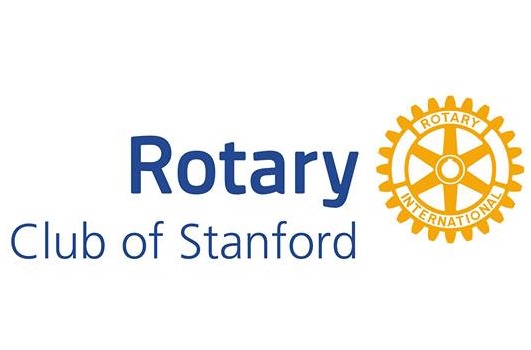Beyond hearing loss - “What’s that you said?”
Perhaps you’ve heard yourself say those words more often than you’d like to admit.
Or maybe you, a family member, or a friend is consistently turning up the TV volume or can’t follow simple conversations in restaurants.
If you are age 70 or older, this is common.
Mild-to-moderate hearing loss affects more than 60 percent of 70-year-olds, and more than 80 percent of 80-year- olds have hearing loss, according to NIH’s National Institute on Deafness and Other Communication Disorders (NIDCD).
Hearing health care affordability and accessibility is an urgent public health problem. Nearly 37.5 million adults in the U.S. report hearing loss in one or both ears.
This number is rising as the number of senior citizens increases.
Using hearing aids to improve hearing is not as simple as putting on a pair of reading glasses to see better. “People think they can just use a hearing aid and they will have 20-20 hearing as they do with eyeglasses,” says an audio specialist.
“The problem with older adults and hearing loss is a little more complex.”
It takes weeks or months to get used to the louder sound from hearing aids.
And treating a hearing problem involves adjustments for the inner ear and the brain.
“The convenience of over-the-counter hearing aids is good, but older people must not have expectations that they will hear like a 20-year-old again as soon as they put on their hearing aids.”
Adults with perceived mild-to-moderate hearing loss are encouraged to check out low-cost hearing care options when they become available. If you are over 65, a visit with an audiologist should be within reach.
“This is the best way to determine if you have hearing loss and to prevent other health issues related to hearing loss.”













.jpg?width=431&height=242)










.jpg?width=250&height=182)












